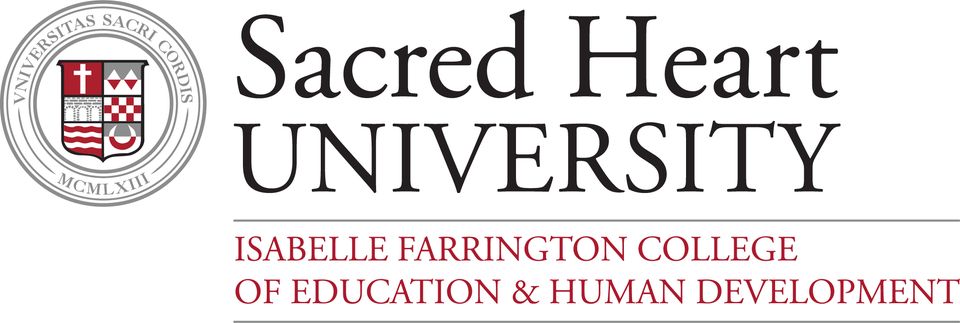Document Type
Article
Publication Date
2009
Abstract
This article looks at urban education through the vantage point of Chicago’s mayors. It begins with Carter H. Harrison II (who served from 1897 to 1905 and again from 1911 to 1915) and ends with Richard M. Daley (1989 to the present), with most of the focus on four long-serving mayors: William Hale Thompson (1915–23 and 1927–31), Edward Kelly (1933–47), Richard J. Daley (1955–76), and Harold Washington (1983–87). Mayors exercised significant leverage in the Chicago Public Schools throughout the twentieth century, making the history of Chicago mayors’ educational politics relevant to the contemporary trend in urban education to give more control to mayors in hopes that it leads to improved educational attainment and achievement. A look backward to mayoral politics in Chicago suggests that mayoral control is no panacea for urban education: mayors used strategies of patronage and professionalism to maintain political power, and this eclipsed motivations to improve the schools in an educational sense, in spite of recurrent calls for better schools from the civil rights movement, middle-class reformers, and business interests.
Recommended Citation
Carl, James C., "“Good Politics is Good Government”: The Troubling History of Mayoral Control of the Public Schools in Twentieth-Century Chicago" (2009). Education Faculty Publications. 50.
https://digitalcommons.sacredheart.edu/ced_fac/50
Included in
Education Policy Commons, Elementary and Middle and Secondary Education Administration Commons, Urban Education Commons



Comments
Originally published:
Carl, Jim. "Good Politics Is Good Government": The Troubling History Of Mayoral Control Of The Public Schools In Twentieth-Century Chicago." American Journal Of Education 115.2 (2009): 305-336.